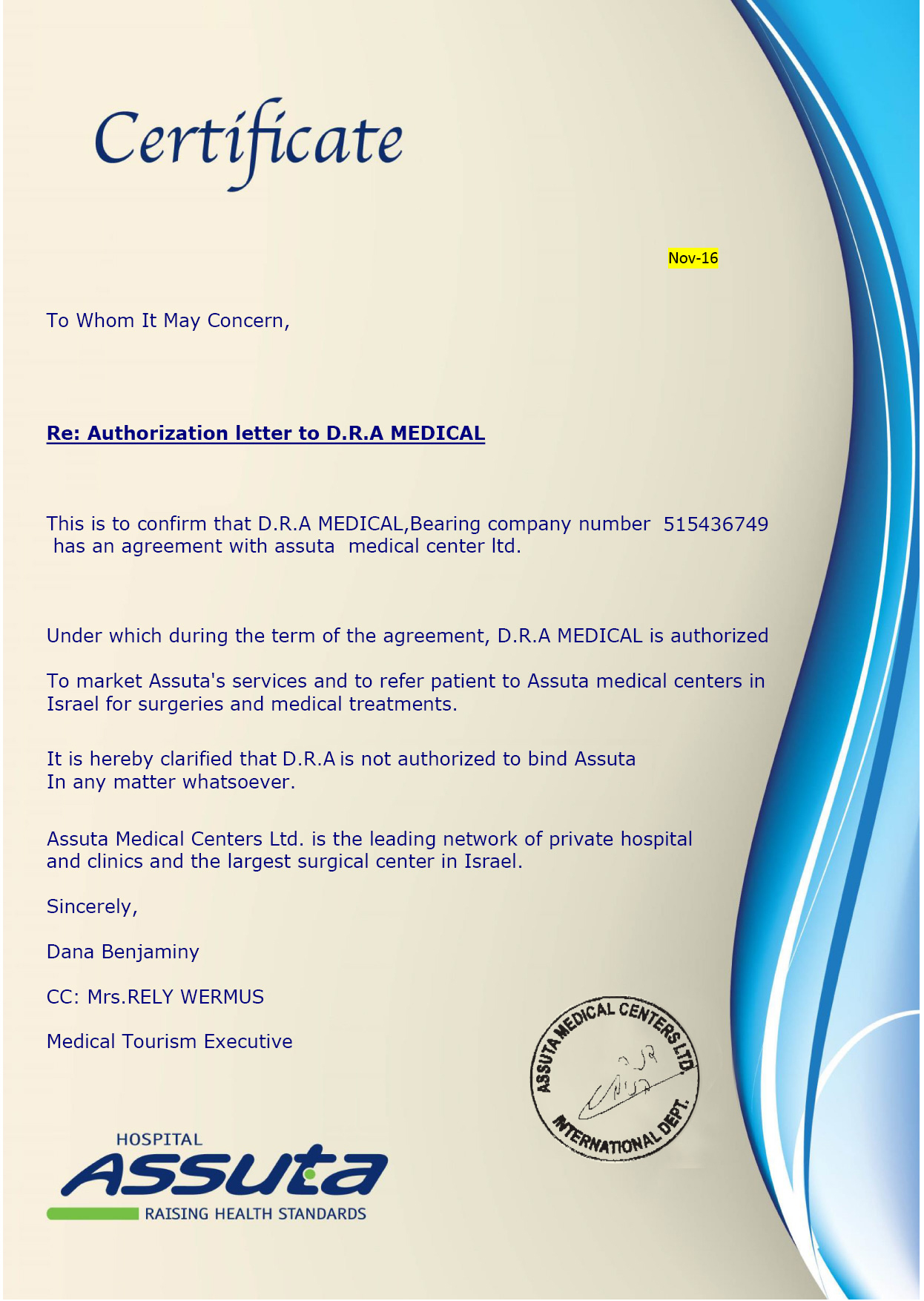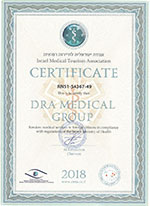People suffering from diseases of the endocrine system are at risk of heart disease, stroke, high blood pressure, and many other serious conditions. For this reason, our doctors work closely with specialists in other fields of medicine, such as physical therapy, neurology, cardiology, and ophthalmology.

Diagnosis and Treatment of Endocrine Disorders
Accurately and thoroughly diagnosing endocrine disorders is essential for effective treatment. For each patient, experts select an individual program of diagnosis and subsequent treatment. These complex diagnostic procedures include hormonal and biochemical blood tests conducted in the laboratory as well as an ultrasound, computed tomography, and isotope methods.After the diagnostic examination, the patient is usually given a course of pharmaceutical drugs. The patient’s treatment may also include various non-drug methods like gymnastics, physiotherapy, balneotherapy, and a special diet plan. If necessary, a surgeon may be appointed to perform a minimally invasive procedure using modern endoscopic equipment. The use of minimally invasive techniques makes it possible to reach the most remote areas of the body without damaging surrounding tissue.
Diabetes Treatments in Israel
Dr. Oscar P. Minuchin is the head of the Department of Diabetes and one of the leading experts on diabetes in Israel. Currently, Dr. Minuchin leads diabetes research at the Lynn Medical Center in Haifa, for which he has authored numerous publications. His clinical practice serves Israel as well as Argentina.Today, Israel successfully treats one of the most common endocrine diseases—diabetes. Diabetes is a complex, chronic disease that challenges the body's ability to use incoming carbohydrates for energy and it has two forms, type I and type II.
Our experts combine well-rounded, yet balanced therapies for treating type I and type II diabetes. These therapies may consist of any or all of the following: insulin therapy, special nutrition programs, and exercise therapy.
If our doctors believe that these therapies will not yield the desired result, then surgery may be recommended.
Treating diabetes via surgical methods is also made possible using modern endoscopic equipment. It is important to add that these surgical methods are less aggressive and tolerated well by patients. Bariatric surgery has provided yet another effective option for treating diabetes. Some common examples of bariatric surgery are gastric bypass and gastric banding surgery.










